Over twenty years ago, the Wheaton Alumni magazine began a series of articles, titled “On My Mind”, in which Wheaton faculty told about their thinking, their research, or their favorite books and people. Associate Professor of History Emeritus Thomas Kay (who taught at Wheaton from 1959-2004) was featured in the Spring 2003 issue.
 Historians are often asked, “What does history teach?” Such an inquiry suggests that history is a measure by which we might evaluate the present and project the future; it makes the past absolute, definitive, and normative. Hence,”Whatever was, was right.” Thereby, the past serves as window both to the present and also to the future. The historian becomes both pundit and prophet.
Historians are often asked, “What does history teach?” Such an inquiry suggests that history is a measure by which we might evaluate the present and project the future; it makes the past absolute, definitive, and normative. Hence,”Whatever was, was right.” Thereby, the past serves as window both to the present and also to the future. The historian becomes both pundit and prophet.
My response to such queries is always, “History teaches change.” Each unique historical event may provide an understanding of the past, the present, and perhaps a glimpse into the future, which is not to say that the past determines the present or the future.
Sages of ancient Greece and Rome sought to discover in history the element of a balanced and complete social and political structure that could be implemented for all time. From those elements one might develop the best of human associations, perfecting their members and possessing eternality. Their efforts and formulae for well-intended reform and renewal broke down under their own weight and a failure to grasp the character of the fundamental human condition–sin. Self-interest, personal gain, and power undercut the search for peace, stability, order, and community. The laws of the jungle became the master.
The advent of Jesus Christ came when many aspects of the Roman Empire and classical civilization were giving way. Even in the glow of the cessation of civil strife and the popular hope that Augustus Caesar would be harbinger of peace and a new, enduring order, the rule of the stronger continued. In the midst of grasping, praying, and hoping for political, economic, social, and moral stability there were many changes. Rome fell prey to the whims and desires of leaders bound by their personal goals of power, self-glorification, and deification. That for which Rome yearned–peace, order, eternality–would not come through changes wrought by sheer power, even by those who exemplified the highest classical values. Such change came and continues to come to every person in the advent (past, present, and future) of Jesus Christ, whose eternal kingdom, the City of God, transforms the human experience now and forever.
As throughout history, life has always been, and will continue to be full of changes. There are the changes of birth, growth, and death; the changes in human relationships and changes of residence, work-place, and martial status.
Ironically, the essence of Christianity is also change. There is the change of becoming a new creation in Christ and the ultimate change that will mark the denouement of history: “In a moment in a twinkling of an eye, we shall all be changed” (1 Cor. 15:52). It is only after history is finished that non-change becomes fully possible; in that place where there is no day nor night, no tears, no illness and no death.
History teaches change and coping with change. This is the human predicament. Change is only transcended by both the temporal and eternal foundations of the City of God. It is this for which all humanity has sought, and will continue to seek throughout the ages.
———-
The following statement was included at the time of publication: Dr. Thomas Kay has been professor of history at Wheaton for 44 years and served as coordinator of the interdisciplinary studies major for 14. He received his master’s and doctoral degrees from the University of Chicago and serves on many load and state historical society boards including chairing the Illinois State Historical Society Symposium this year Dr. Kay’s current projects include a history of College Church in Wheaton, where he represents the middle of five generations of family attending. Dr. Kay and his wife Janice have three children and seven grandchildren, including two sets of “grand twins.”
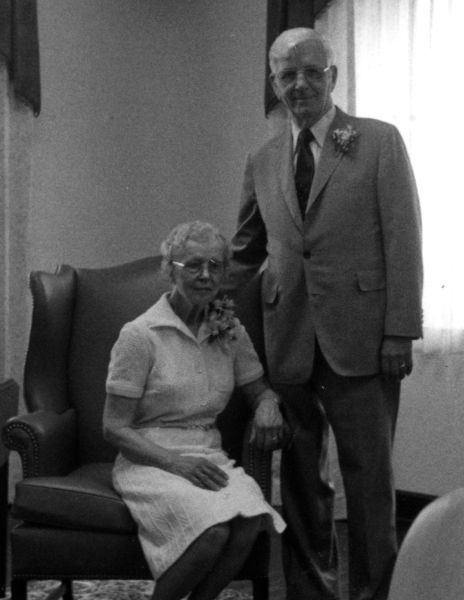


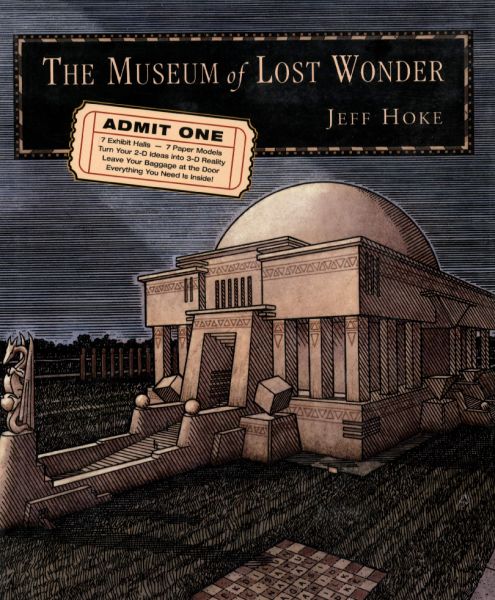
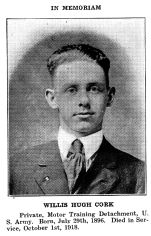
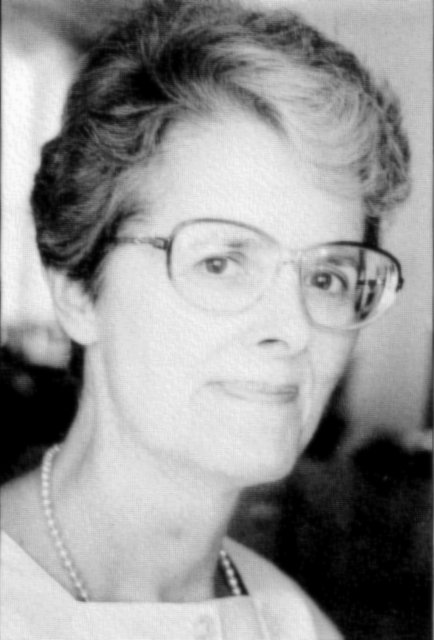
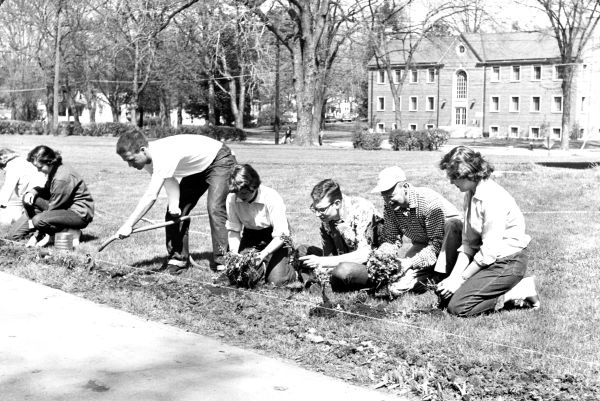
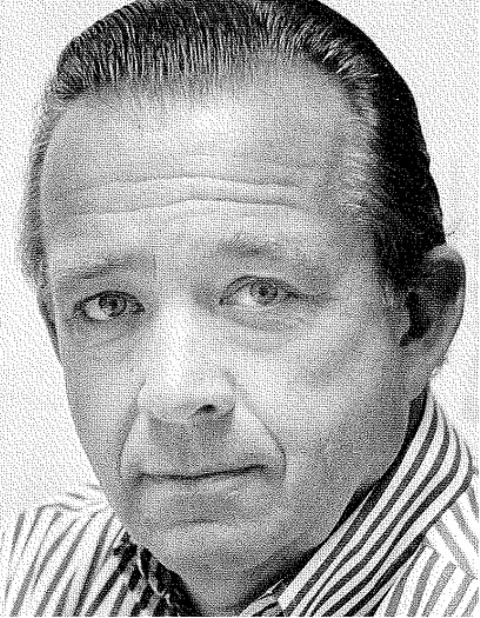
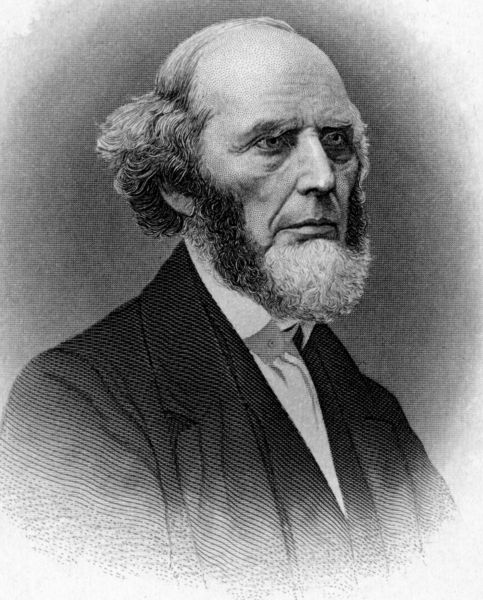 Laying the groundwork for all such ministries, however, was Charles Grandison Finney (1792-1875), the first great evangelist of the Second Great Awakening, who established such familiar patterns as offering the public invitation (now known as the “alter call”) to sinners to accept Christ’s free gift of grace, encouraging them to walk forward and deal with God at an “anxious bench;” and praying extemporaneously from the pulpit, rather than reading from a book. Finney’s innovations, now common practice, were groundbreaking for American Protestantism. As such his influence deeply colored the spirit of Wheaton College, though he never visited its campus.
Laying the groundwork for all such ministries, however, was Charles Grandison Finney (1792-1875), the first great evangelist of the Second Great Awakening, who established such familiar patterns as offering the public invitation (now known as the “alter call”) to sinners to accept Christ’s free gift of grace, encouraging them to walk forward and deal with God at an “anxious bench;” and praying extemporaneously from the pulpit, rather than reading from a book. Finney’s innovations, now common practice, were groundbreaking for American Protestantism. As such his influence deeply colored the spirit of Wheaton College, though he never visited its campus.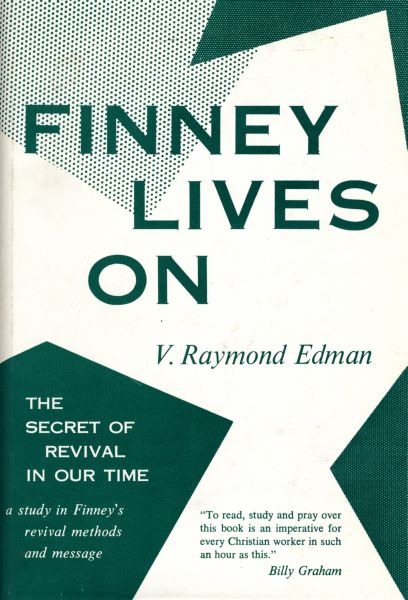 In 1951 Edman published Finney Lives On: The Secret of Revival in Our Time, of which Billy Graham remarks, “To read, study and pray over this book is an imperative for every Christian worker in such an hour as this.” Edman summarizes his subject in the epilogue:
In 1951 Edman published Finney Lives On: The Secret of Revival in Our Time, of which Billy Graham remarks, “To read, study and pray over this book is an imperative for every Christian worker in such an hour as this.” Edman summarizes his subject in the epilogue: